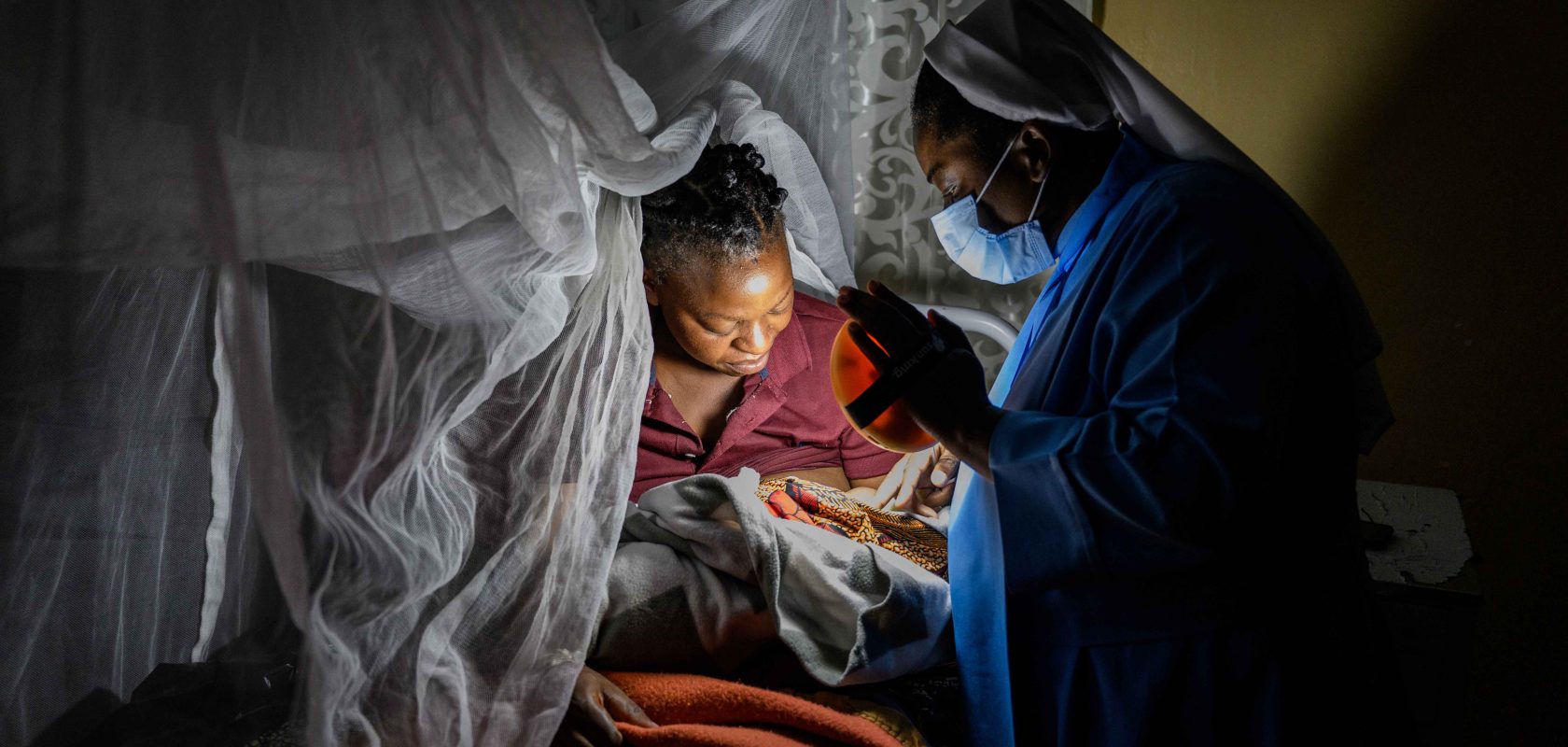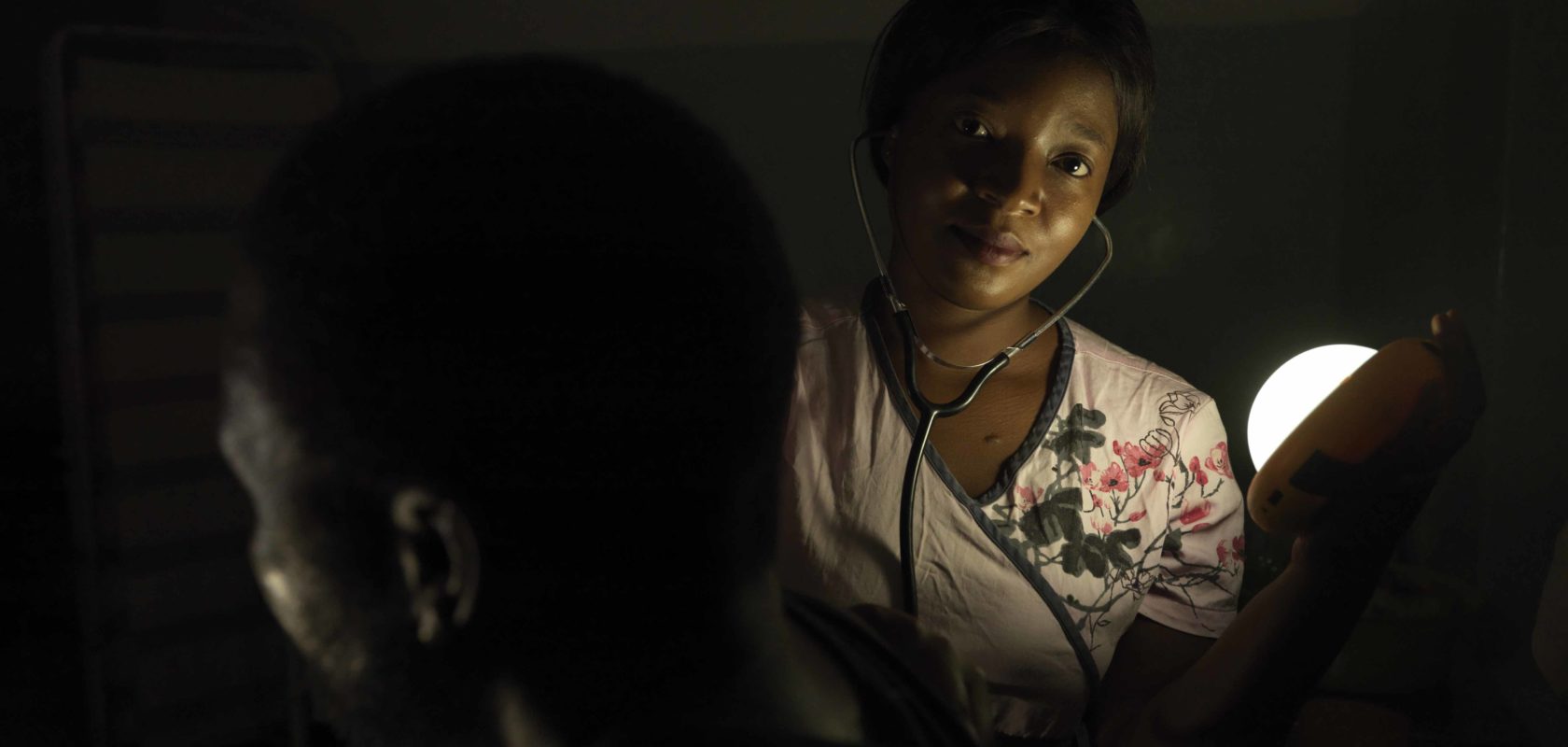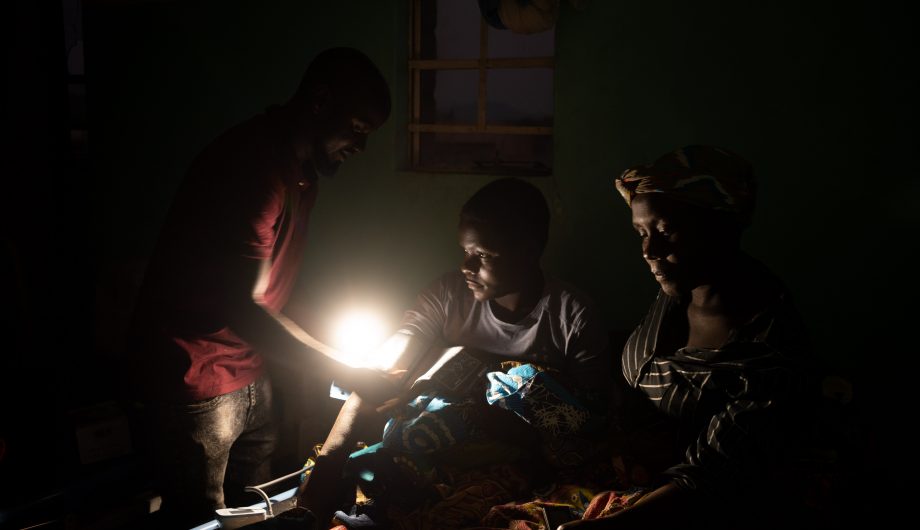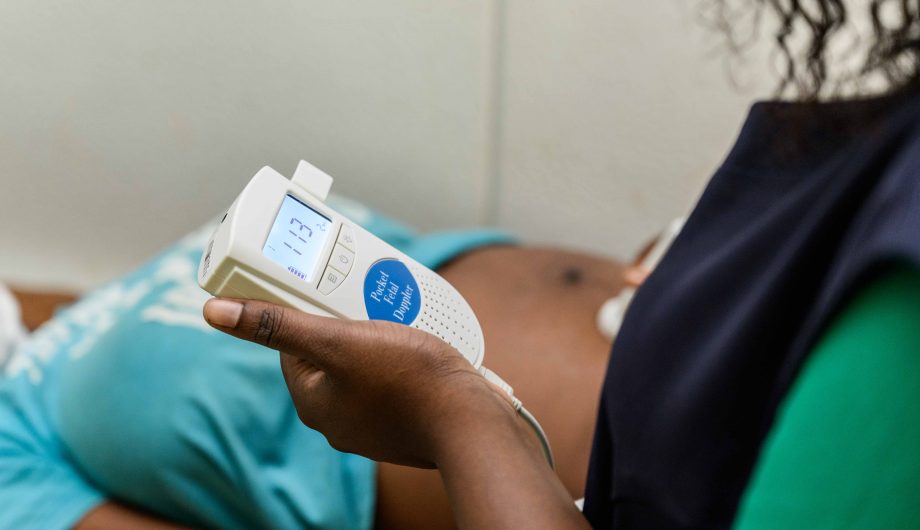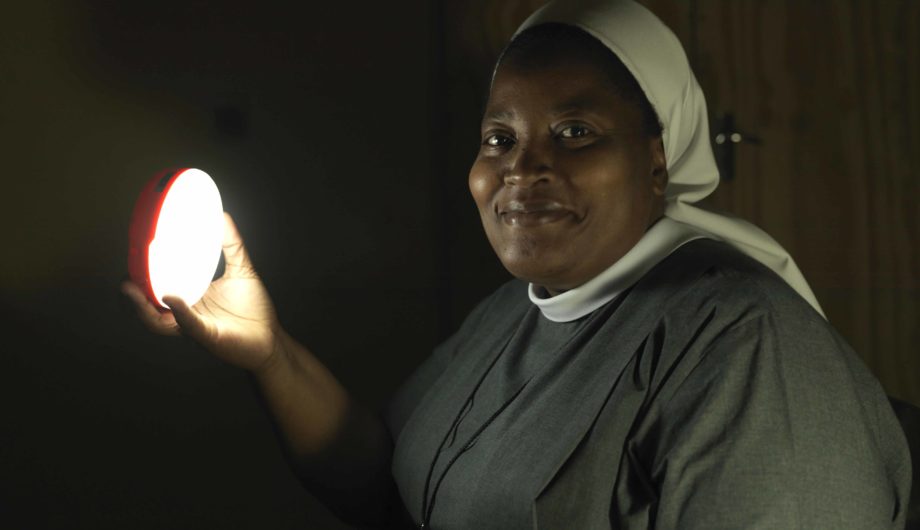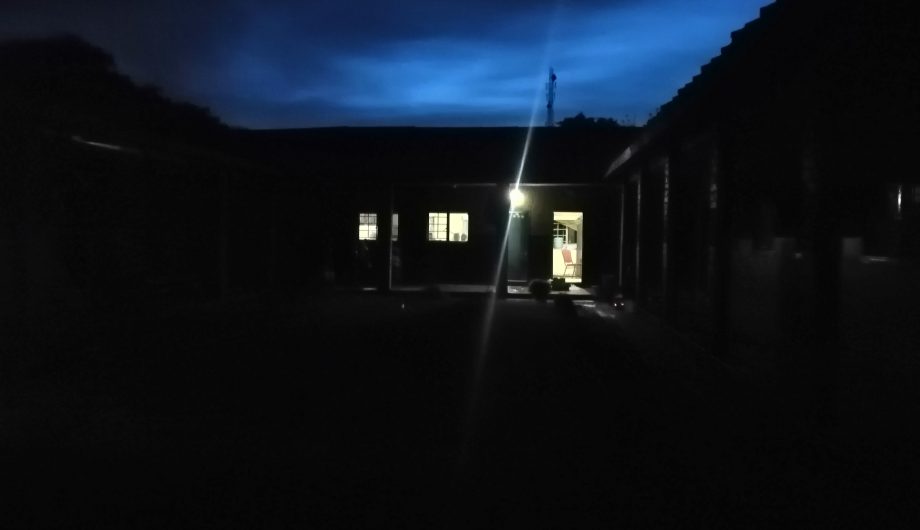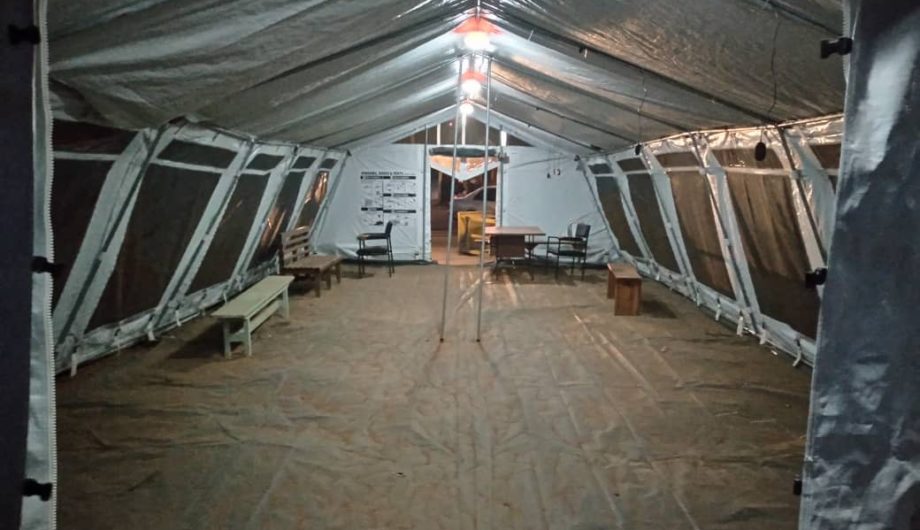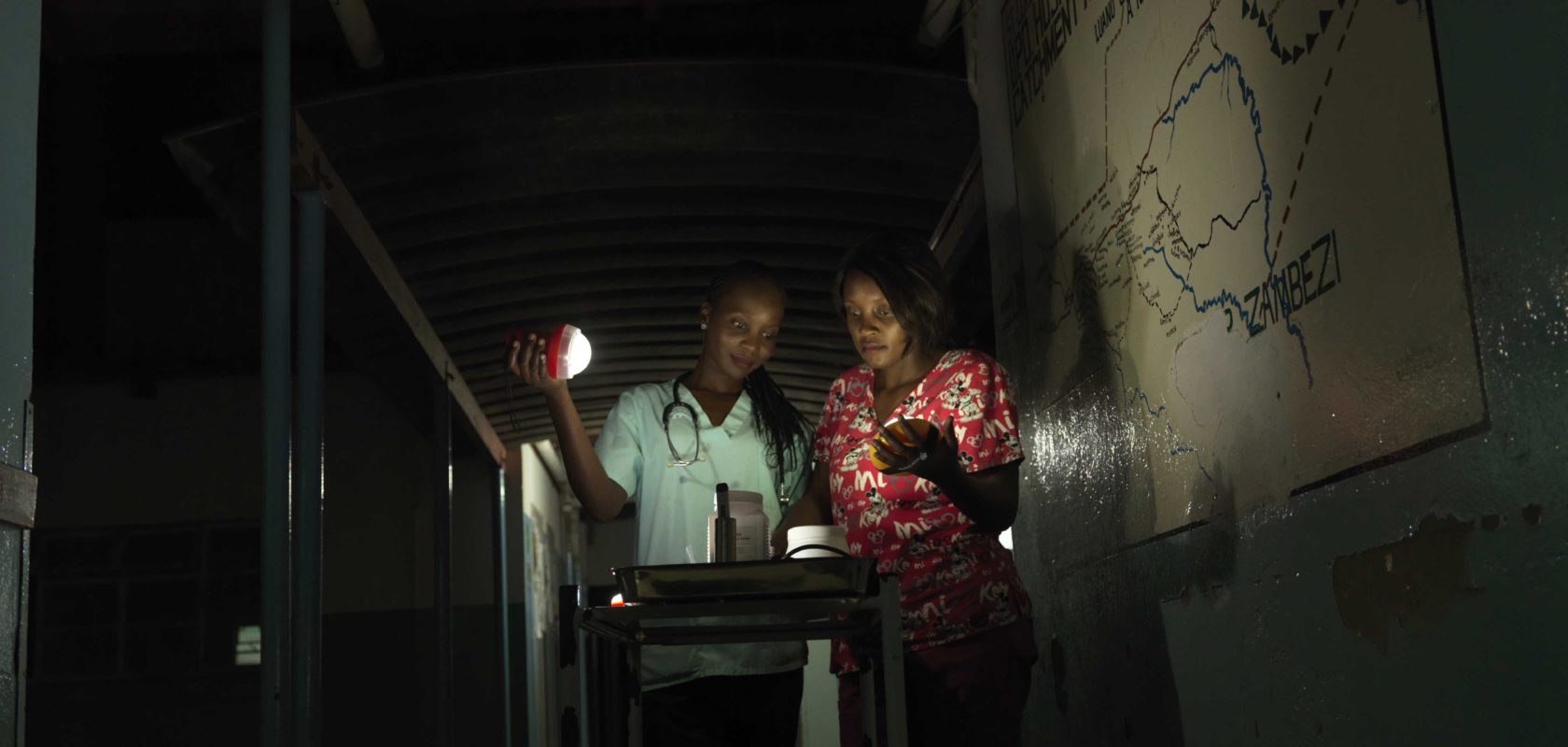Without access to electricity, health facilities are unable to provide access to modern healthcare. Yet, an estimated 3 out of every 4 health facilities across sub-Saharan Africa lack access to reliable electricity, and 1 in 4 have no access to electricity at all. Millions of people, in particular children, women and the elderly, are left vulnerable.
This is yet another face of poverty, limiting lives and potential. As we continue our fight against poverty, SolarAid has committed to ensuring that no clinic in Africa is left in the dark, without access to light and power. We believe that solar power has a vital role to play in helping solve this problem.
Working together with local health partners, we are developing programmes which aim to demonstrate that plug and play solar systems and handheld medical appliances, can be used to develop a sustainable, replicable and scalable model through which rural health facilities have improved access to a wider range and higher quality of healthcare services.
